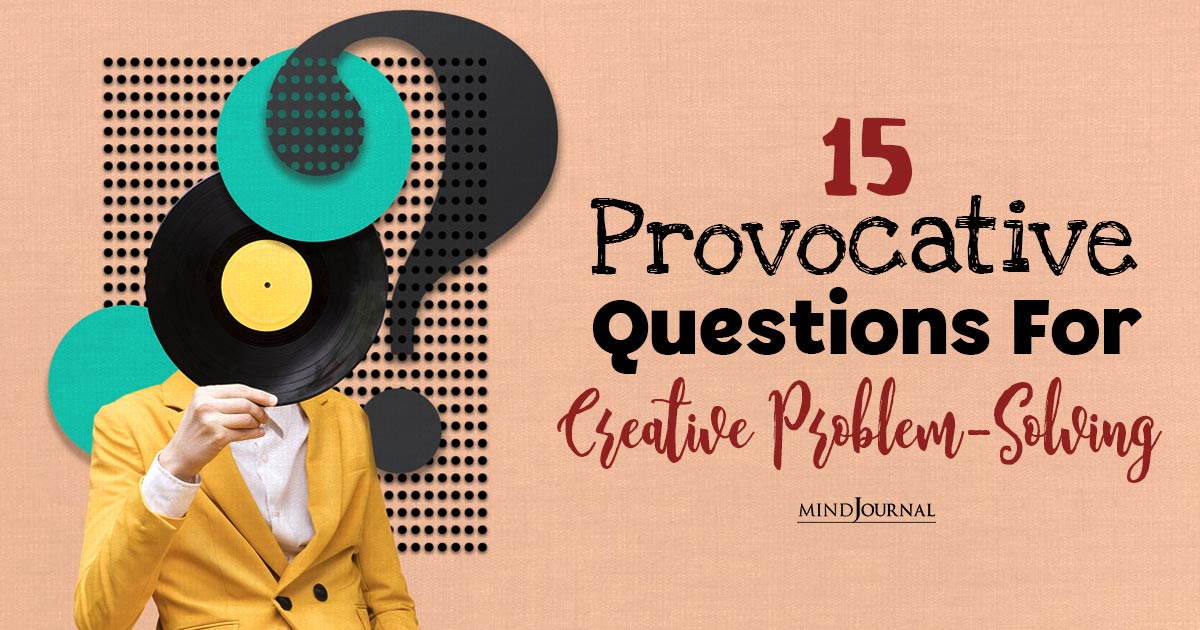The voice in our head is partly good and partly bad. While this voice is responsible for making more sense of the world around us, it may also block us from being fully engaged in life.
“Did you know the average human has 50,000 thoughts a day? … Why should I attach to any of them?”
My roommate said this to me once, and at first I laughed and nonchalantly agreed with him. But months have passed, and I still find myself thinking about it.
50,000 thoughts a day is average.
Think about this for a moment. Does it actually feel like we think that often? There are only 1,440 minutes in a day. That means we’re thinking roughly 4 or 5 times every minute, and that’s only if we’re awake for 24 straight hours.
It Begs The Question:
What Exactly Is “Thinking”?
We often think to problem-solve or get to an end-point somewhere, like on an exam or at work. We think when there’s something important on our minds or to remember something from the past. But what about that constant self-talk going on in our heads? You know, the voice that is reading aloud the words you see in front of you at this very moment. That voice is very much what thinking is, too. In fact, it’s exactly what thinking is. And we engage with this voice so often that we don’t usually notice.
The voice in our head loves to narrate our lives. It loves to carve out stories and patterns so our worlds make more sense to us. In many ways, this is a remarkable thing the mind does. Through just the use of our minds, we are capable of dreaming of and experiencing infinite possibilities.
The downside to this, however, is that we can be lead down a train of thought that does us much more harm than good. For example, maybe during a night out, you really embarrassed yourself. The next day, the regret of the situation is eating you up inside. Why is it eating you up? Because the voice in your head keeps replaying the same thoughts over and over and over.
“How could I have said that?”
“I can’t believe it.”
“I wish I could re-live that moment and do it differently.”
The more attention we give our thoughts and self-talk, the more energy they have to grow and get stronger. The dramatization of the situation increases alongside with them. Soon, we are eaten alive by feelings of regret, as we have become lost in a world created by our minds.
Suddenly, in the middle of all this worrying and regret, you realize you’re in the middle of class. The teacher just called on you as you were blatantly zoned out and not paying attention. You try your best to recall her question, but to no avail. Now, you can’t stop worrying about whether or not the teacher will remember this about you. Maybe your grade for the day will suffer. But wait, weren’t you just worrying over what happened last night? What happened to all that overthinking and regret that you couldn’t let go of just a minute ago?
This is what the mind constantly does. One minute we’re consumed by one thing, and the next, we’re distracted by something else entirely. Shifting from thought to thought, we are constantly blocking ourselves from being fully engaged in life.
Related: The 5 Types of Self-Talk Your Brain Likes Best
Imagine we’re at the movies, the movie representing our lives. If we get up and constantly use the bathroom or run off every 5 minutes to get snacks, we’re going to miss so many great parts! We’re going to constantly be playing catch-up. Likewise, if we constantly engage with the voice in our head, we’re going to miss so many great parts of our lives, of the things happening right in front and all around us. We end up becoming viewers of the contents of our minds rather than our lives.
Millions of things can trigger us every day to have a certain thought, feeling, or reaction. Seeing the color red may trigger a memory from your childhood and your favorite red wagon. Seeing a happy couple in a relationship may trigger thoughts of your ex. But it’s often much simpler than that. It’s: what am I going to eat for lunch? It’s: I feel tired, I don’t want to do this. It’s even: Joey, I have no idea what you’re talking about right now. It’s ALL the self-talk that goes on in our heads! Recognize that voice. Notice it the moment it arises.
- Where did it come from?
- Where does it disappear to?
- When the thought has passed, what about us remains?
This is what it means to have an objective relationship with thoughts: to recognize the voice in our heads just like we recognize a friend’s voice when they’re talking to us. And becoming more familiar with this objective relationship allows us to break the never-ending game of self-talk we all take part in each waking day.
Build An Objective Relationship With The Voice In Our Head
Meditation and Mindfulness are the arts of forming an objective relationship with the voice in our head. That is, focusing on our breath and the present moment, noticing when we are we lost in thought, letting the thought go, and returning back to the present moment. Through our awareness, we discover our power. This is because we cannot be what we are aware of, as awareness naturally and necessarily implies a subject-object relationship.
Related: Meditation For Beginners: Everything You Need To Know About Meditation
So, what else are we aware of?
I’m aware of the ceiling fan above me. I’m aware that it’s hot in my room right now. I’m aware that I have socks on my feet. I’m aware of my friend’s voice when they’re speaking to me. I’m aware of what I see, smell, hear, and touch. But, I’m aware of my thoughts, too. I’m aware of the voice in my head as it narrates my life. Yet, thoughts don’t seem the same as those others. I don’t naturally identify with my socks, or ceiling fan, or with what my friend is saying, like I do with with that pesky voice in my head. I contribute that voice to be who I am.
It is me, right?
Only I can hear my thoughts.
But if it truly was, why would I need to think anything at all? Wouldn’t I already know what I was about to think? Wouldn’t I already know whatever information the voice in my head is trying to tell me? If we were truly the source of thought the way it’s commonly understood, thinking would be unnecessary.
Since we were young, we listened to this voice of thought like it represented who we were, unaware of its intrinsic subject-object relationship; the same relationship we have with all things we are aware of. In turn, we have become its hostage. Wherever our thoughts go, we will surely follow.
Overthinking is one of the most natural things humans do. It is the natural pitfall of blindly following our thoughts, and it is often only until the damage has been done that we realize how irrational we were being all along. How much bad advice does our self-talk give us every day? How many times do we realize that we were being so overly dramatic, worrying over nothing? How often has our overthinking done us more harm than good? Still, we go back to our thoughts every single time, ready to accept whatever answers they have for us. We trust in it like we trust in gravity: blindly. We believe this voice is the source of all things true, since this is the role we have assigned it all our lives.
Through meditation, mindfulness, and ultimately living in the present, we can get out of our own ways and engage fully in life— not whatever reality our head is feeding us that day. If we can become more familiar with this objective relationship we have with our thoughts, then we become free from its shackles. We can steer our own ship on our own terms.
Let go of the thoughts that do not serve you, and you’ll discover the intrinsic fulfillment that comes with a fully-engaged life.









Leave a Reply
You must be logged in to post a comment.